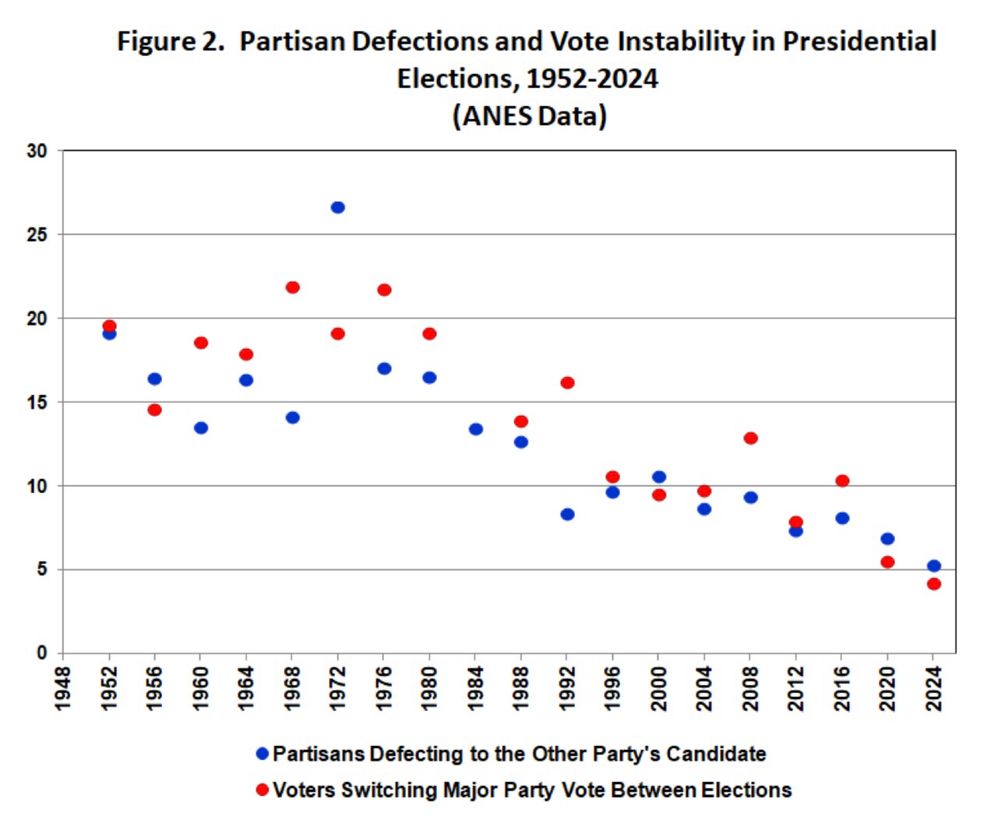Jürgen Maier
@maierjuergen.bsky.social
300 followers
87 following
98 posts
Political scientist working on the content, processing, and impact of political/campaign communication.
https://ksw.rptu.de/abt/politikwissenschaft/abteilung/politische-kommunikation/team/prof-dr-juergen-maier
Posts
Media
Videos
Starter Packs
Reposted by Jürgen Maier
Reposted by Jürgen Maier
Reposted by Jürgen Maier
EPSS
@epssnet.bsky.social
· 15d
Reposted by Jürgen Maier
Reposted by Jürgen Maier
Reposted by Jürgen Maier
Reposted by Jürgen Maier
Reposted by Jürgen Maier
Reposted by Jürgen Maier
Reposted by Jürgen Maier
Reposted by Jürgen Maier
Jürgen Maier
@maierjuergen.bsky.social
· Aug 20

Beyond a Negativity Bias: Explaining the Consumption of Positive and Negative Political Information Using WebTracking and Experience Sampling Data - Michaela Maier, Jürgen Maier, Lea C. Gorski, Felix ...
Negativity and positivity are crucial in political information, yet research often overlooks positive content consumption. This study examines the degree to whi...
doi.org
Jürgen Maier
@maierjuergen.bsky.social
· Aug 20

More negative when it matters less? Comparing party campaign behaviour in European and national elections
Do parties campaign differently in different circumstances? Research seems to suggest that parties do indeed engage in harsh interparty attacks and fearmongering during ‘second-order’ elections, su...
doi.org
Jürgen Maier
@maierjuergen.bsky.social
· Aug 19

Mobilizer, demobilizer–or artefact? Measuring the influence of research designs on the direct effect of negative advertising on voter turnout in U.S. election campaigns
The effects of negative campaign advertising on turnout in U.S. elections vary greatly. Some researchers have suspected that differences in research methods are partly responsible for the conflicti...
www.tandfonline.com
Jürgen Maier
@maierjuergen.bsky.social
· Aug 19

Mobilizer, demobilizer–or artefact? Measuring the influence of research designs on the direct effect of negative advertising on voter turnout in U.S. election campaigns
The effects of negative campaign advertising on turnout in U.S. elections vary greatly. Some researchers have suspected that differences in research methods are partly responsible for the conflicti...
www.tandfonline.com












